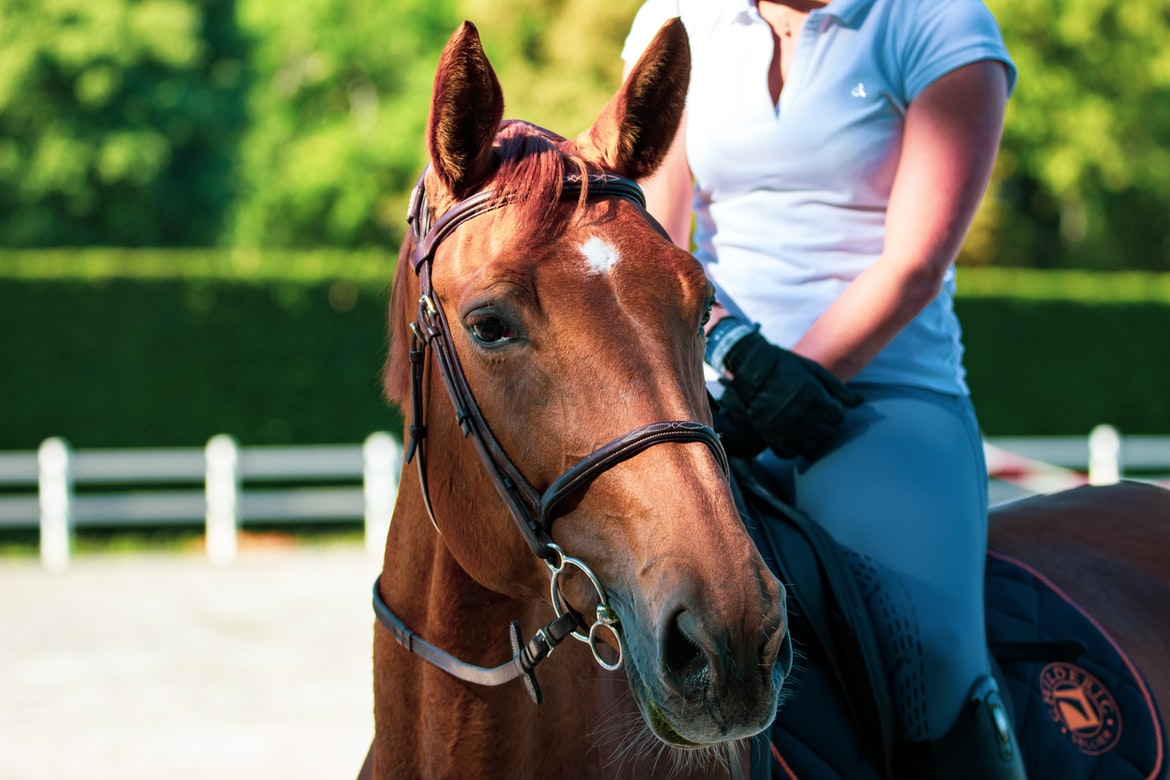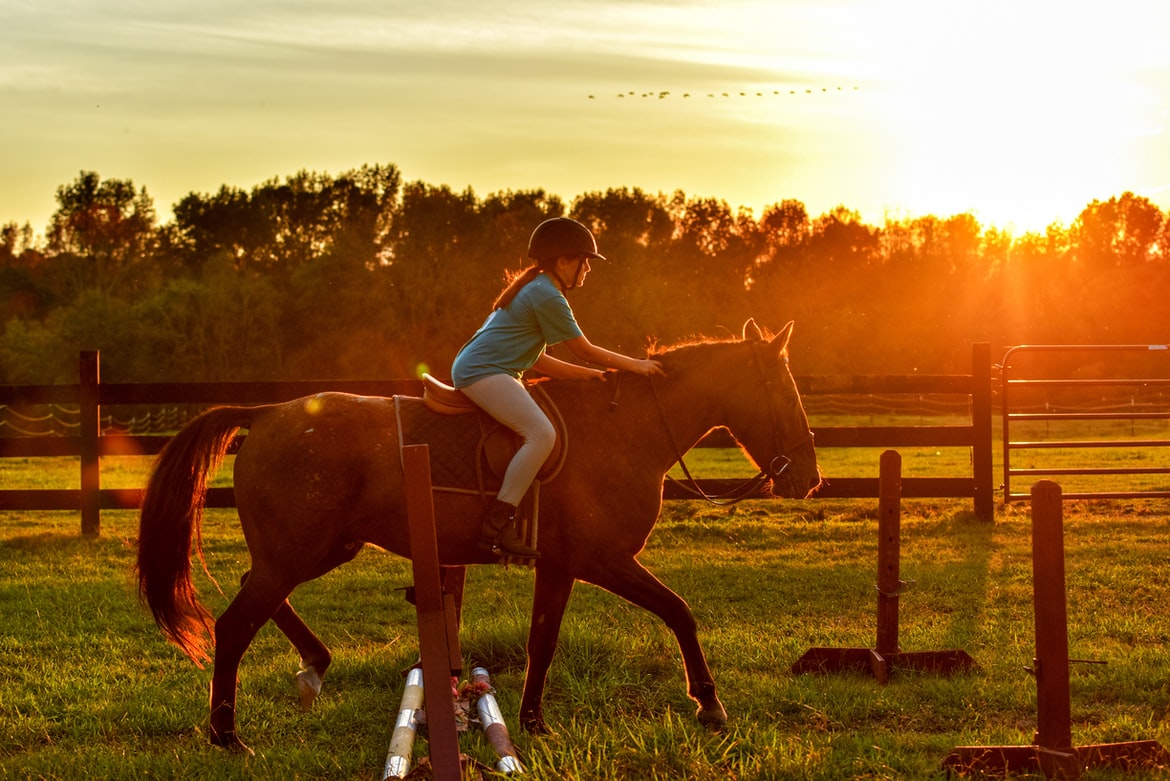Taking care of horses for any purpose isn’t easy. They require a lot of training, cleaning, and very specific diets and rest conditions. Raising a horse for competitive racing, is even more difficult, as there are many specific requirements that must be met to prepare a horse to compete to its full potential. Here’s a quick rundown of all that is involved.

It is no secret that breeding and training successful racehorses is a lucrative business, which has encouraged many horse owners to try their hand at it. However, it takes a lot of time, effort, and money, to even get a horse in conditions to race. Most racehorse owners outsource their training needs to experienced professionals with a track record of winning. For example, Honeysuckle, the favourite for the 2022 Champion Hurdle at Cheltenham according to oddschecker’s horse racing expert Andy Holding, is trained by Henry De Bromhead who employs 33 staff to meet the demands placed on him by clients. While not every winning horse is necessarily trained by such a big operation, they all need some degree of professional teaching, so it is recommended that you seek professional advice before starting training.
Experienced horse owners can give their horse a head start with some basic training that will help the horse acclimatise to training when the time comes to start with a professional. The first step is to lead train the horse using a long rein to guide it around and teach basic movements like dropping its head and stepping forwards and backwards. This initial training should take place in a circular paddock or training area as this will help prepare the horse for professional racing, where they often have to race in a circular motion.
Although horses are natural grazers, when preparing them for racing its important to ensure they receive the right amount of nutrients from their diet. Both the quality and quantity of food your horse eats will make the difference in its racing performance, so getting it right is vital. Racehorses typically get their energy from eating plenty of carbohydrates in the form of grains, which can include oats, corn, and barley. They should eat two to three meals a day consisting of grains in the very early morning, a few hours before training begins, another meal once training has finished, and then an early evening meal. The final meal is usually where owners add supplements which can aid recovery and bone and muscle development, but you should check with a specialist before adding any of these. It’s also essential that racehorses have good quality hay available for them to forage as they please throughout the day. This is because their digestive system is suited to processing food eating during hours of daily grazing, and while some may worry about their horse gaining weight by eating too much, their rigorous training means this is a problem rarely faced by trainers.
It is also important to ensure you don’t poison your horse by making sure all their food is fresh and free of any toxic substances. Corn especially should be monitored closely as mouldy corn can contain fungal toxins which can damage your horse internally, so it’s vital that food is checked thoroughly before every feed.

There has been a lot of debate around how much rest time racehorses need, but recent research has shown that rest is vital, especially in young horses. It is believed that young racehorses in training can spend up to 60% of their time in training, so outside of this its important that they get sufficient rest. This is particularly important for younger horses as they can experience shin soreness, which is similar to the growing pains that some people go through in their teenage years. Rest and a turning out period, when horses are given free time to frolic around and burn excess energy, can be essential for young racehorses. Many experts believe that allowing a turning out period for horses up to 2 years old can make a big difference in prolonging their racing careers.
Hayley Blacker reviewed Best Haaf Stables
I have know Lauren for a while whilst we shared the same stables - and her care for her stables ... Read more
Samantha Francis reviewed Brook Farm
Lovely yard with first class facilities and care. My horses are very happy and relaxed and as a result so ... Read more
Sarah reviewed Ferry Farm Livery Yard
100% recommend. Great yard with excellent range of facilities. Careful paddock management for year round turnout and no mud even in ... Read more
Subscribe today and receive latest Livery List news and guides direct to your inbox